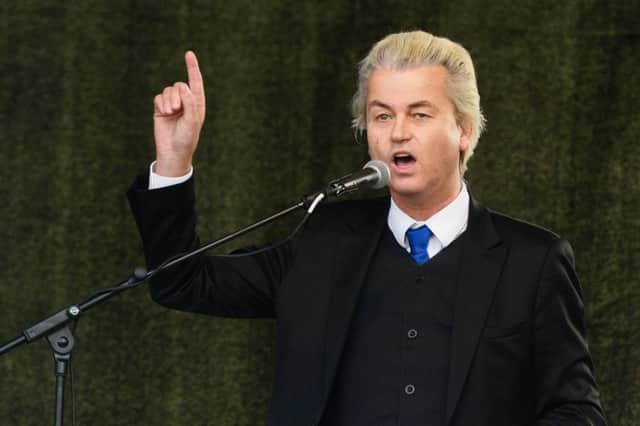Paris Gourtsoyannis: Europe thinks again about its future


If Scottish Nationalists expect voters to break faith with the 300 year-old Union to chase a European destiny instead, what kind of Europe will Scotland be joining?
Up until now, in keeping with the political mood of Brexit and the US election, the answer to that question has cowered beneath dark clouds hanging over the continent.
Advertisement
Hide AdAdvertisement
Hide AdThe rise of the far right in Germany, France and elsewhere has raised the prospect of a angry, fractured Europe of borders and confrontation, tipped down a populist helter skelter by the shock of Brexit but accelerating towards the bottom under its own momentum.
Next week, however, that could begin to change.
In the first of three defining elections for Europe over the next six months, the Netherlands goes to the polls, with voters giving real thought to handing the far-right a historic victory.